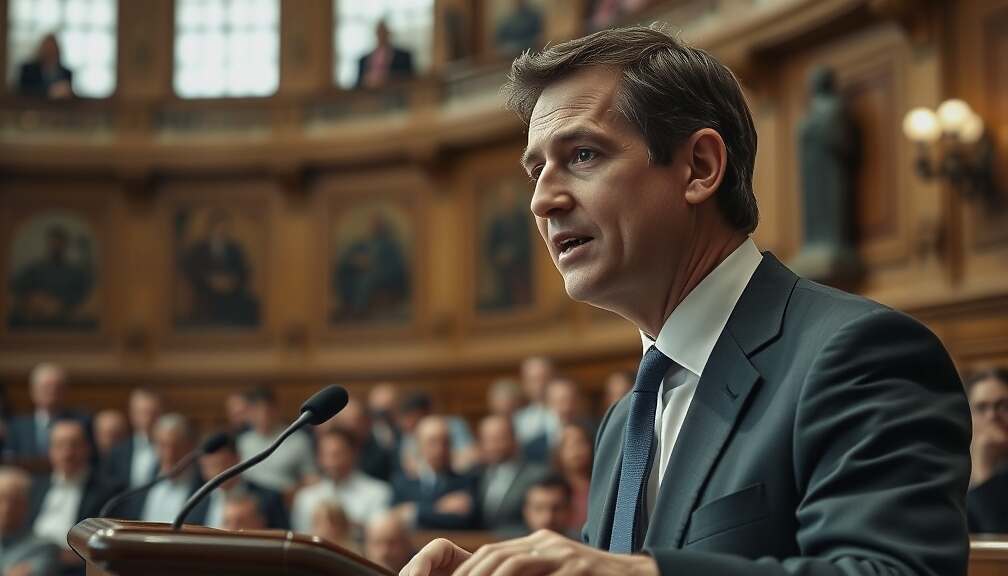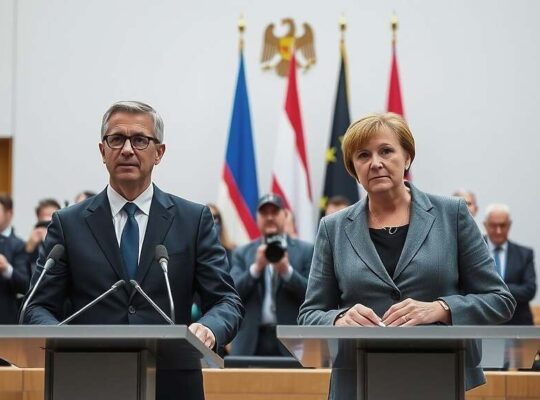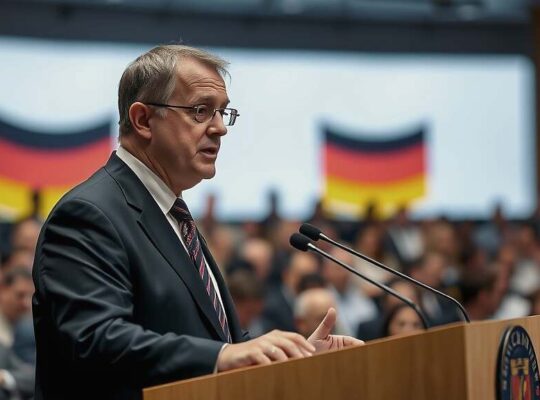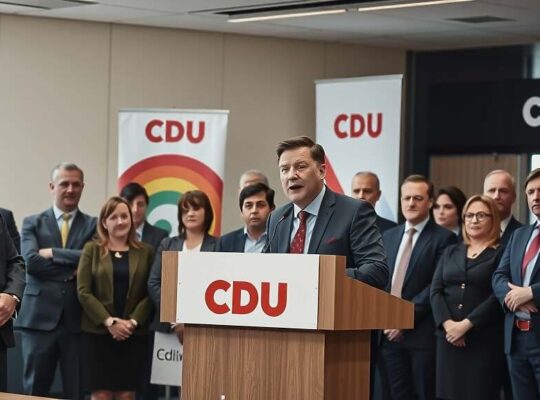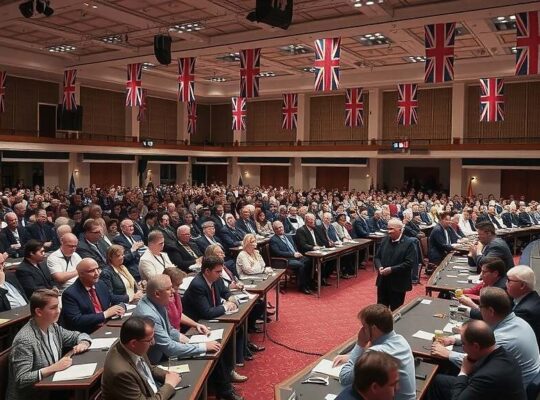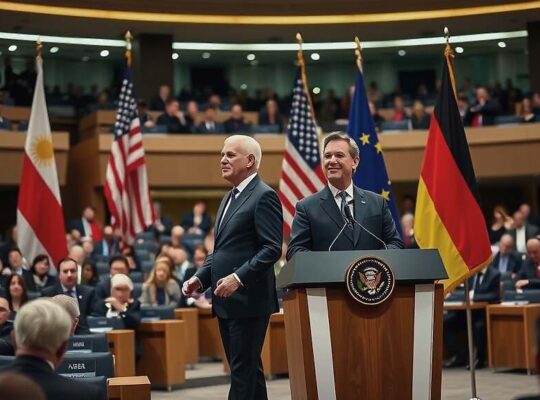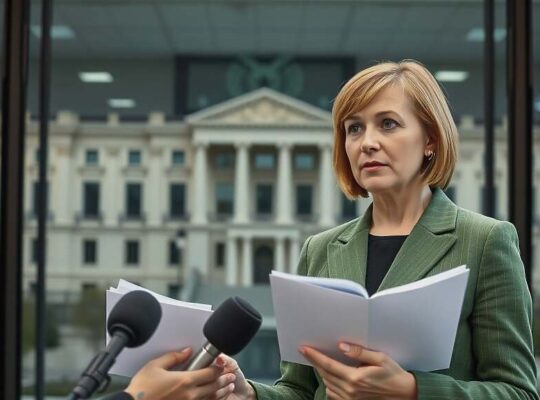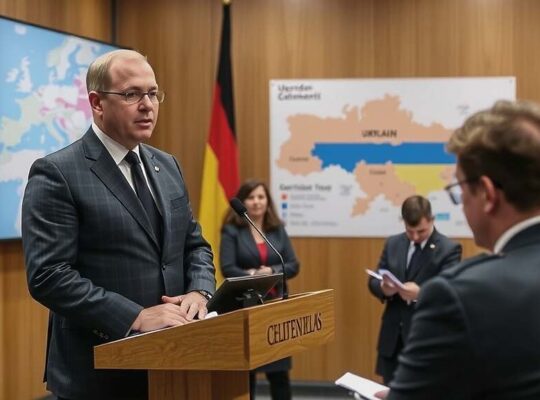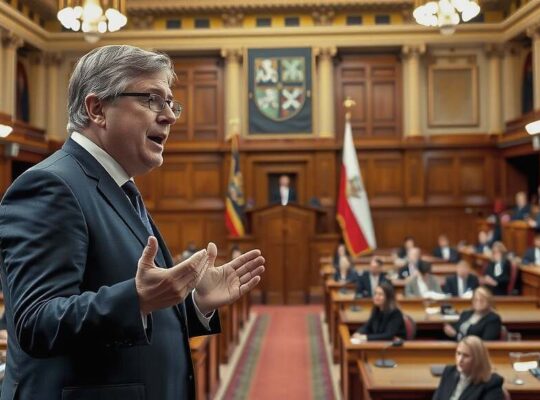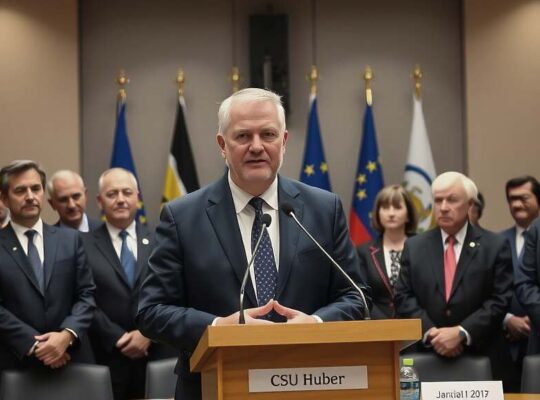German Bundestag Vice President Bodo Ramelow has cautioned against underestimating the impact of the Alternative for Germany (AfD) party. In an interview with the weekly newspaper “Die Zeit”, Ramelow expressed concern that many parliamentarians continue to view current political challenges as a temporary democratic crisis.
He stated that a fundamental shift has occurred, asserting, “We must finally recognize that things will never be as they once were”. Ramelow contends the AfD is now integrated into a new political reality-a global trend Germany has not previously experienced to the same extent.
Having transitioned to the Bundestag as a member of parliament earlier this year after previously serving as Minister President of Thuringia, Ramelow believes the current parliamentary landscape highlights a need to revitalize representative democracy. He advocates for greater emphasis on direct democracy, proposing a public referendum on the Basic Law (Germany’s constitution) as a starting point. He argues that such a vote, which he believes was overlooked following the reunification of Germany in 1989/90, would serve as a renewed collective affirmation of national identity and values.
Ramelow further suggested a broader debate concerning the implementation of referendums, stating that if certain groups consistently claim to represent the majority, they should be compelled to demonstrate that claim through a vote. He believes such direct participation could enhance public satisfaction with the democratic process.
When asked if politicians in Berlin harbor a fear of the electorate, Ramelow answered directly: “Yes. Simply yes”. He stressed the evident need for a revision of the existing democratic system, proposing that available mechanisms within the constitution-such as regulated public petitions, referendums and initiatives-should be explored. While acknowledging that increased direct democracy would not resolve all issues, Ramelow concluded that a commitment to change is essential, stating, “We cannot simply continue as we have been”.


